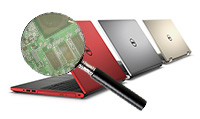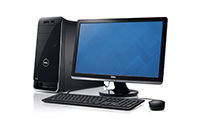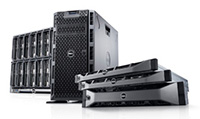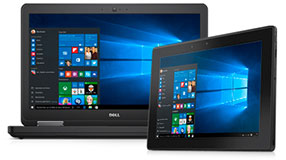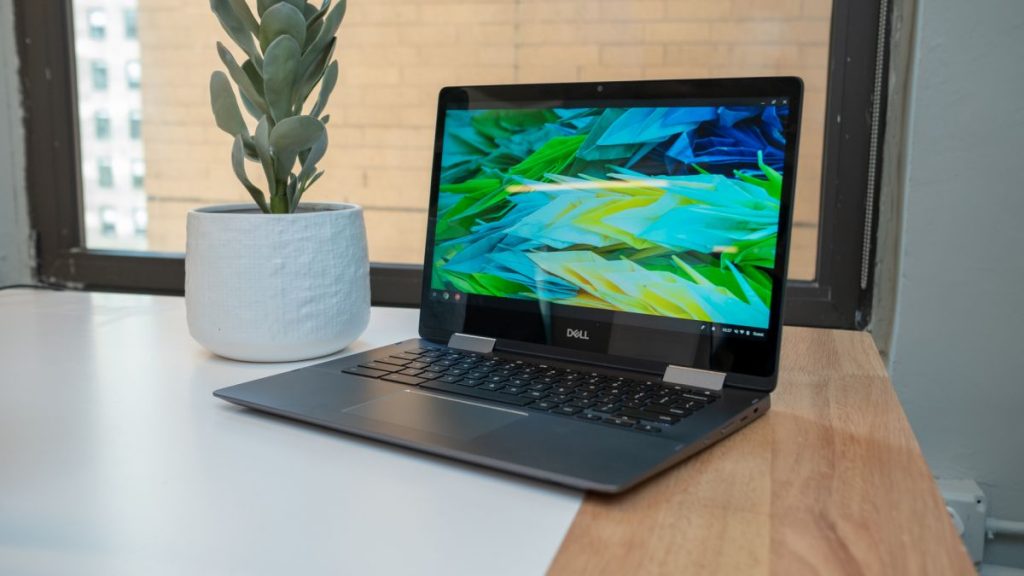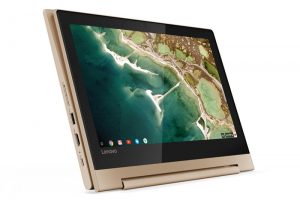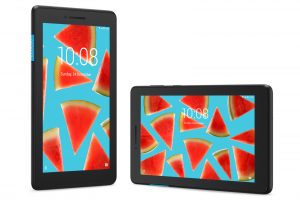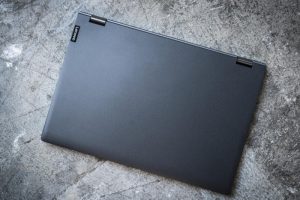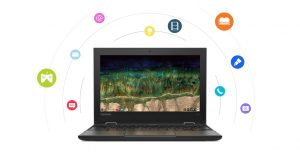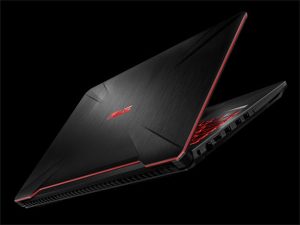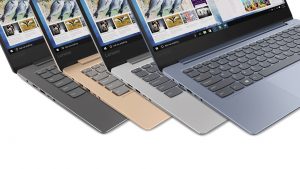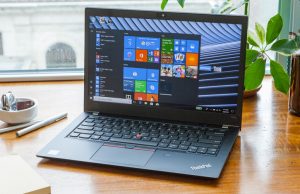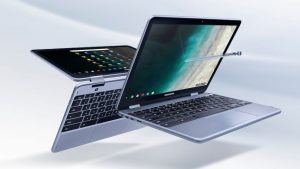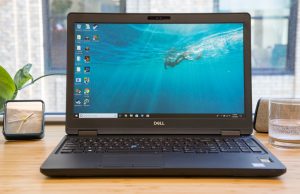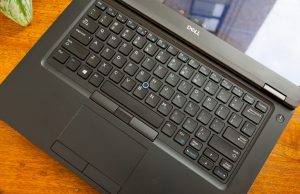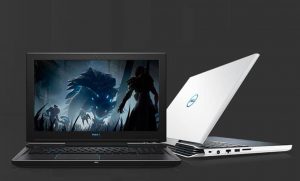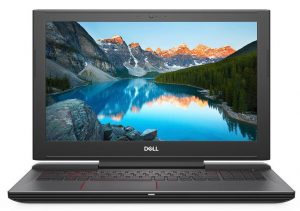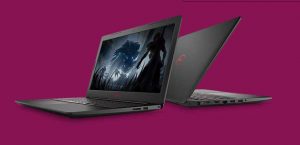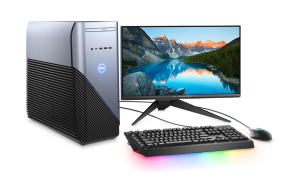[caption id="attachment_7698" align="alignright" width="300"]
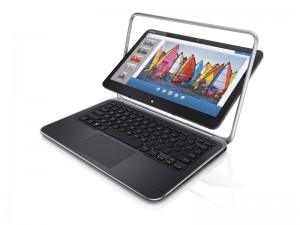

Convergence of devices into hybrid or convertible forms is clearly the order of the day, and all PC manufacturers have joined or will join that party. That same trend is already in evidence with some very popular smartphones that can't quite decide to become a small tablet or a large phone.
Marriage of Tablets & Smartphones
Born of the marriage of tablet and smartphone, the so-called phablet is too small to actually be called a tablet, and definitely larger than the typical smartphone. Some industry observers despise the term "phablet", but they have not yet created a better one. It seems likely that as more phablets are produced, the term phablet will simply fade away as large smartphones with tablet-like capabilities become fully mainstream, and phablets will then simply be another point on the smartphone continuum. It also seems probable that tablets will never replace smartphones, but phablets will sometimes be a replacement for a tablet purchase.
Convergence of Laptops & Tablets
For quite some time convergence of laptops and tablets has been a pervasive topic in technology media circles. One need look no further than Microsoft's Surface device which seems to be more tablet than laptop, but is expected to fill both roles reasonably well.
In a previous article on Merging Laptops + Tablets, we identified four distinctly different converged designs and outlined their characteristics. Those four types are Sliders, Rotators, 360-Degree Gymnasts, and Dockers with split personalities.
A legitimate question would be: when is a device a laptab or laptablet, or conversely; when is a device a tablet-laptop or tabtop instead? Such terms are being bandied about in the PC press ecosystem, and as devices continue to converge into form-factors that blur the line between tablets, laptops, and smartphones, the terminology itself will evolve, mutate or uhmmm, converge into terms about which there will be a general consensus.
Dell Marries Convergence & BYOD
[caption id="attachment_7699" align="alignright" width="300"]
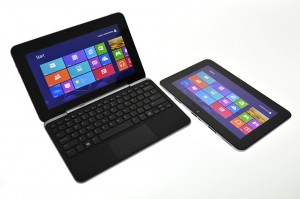

Not to be left behind Dell Inc. will make what may be two significant contenders in both the Bring Your Own Device, and convergence categories. Specifications and pricing are not yet available, but the converged designs of the Dell XPS Duo 12 convertible laptop, and the Dell XPS 10 dockable hybrid tablet are worthy of notice, and have potential for standing out early in what is already becoming a strong trend of converged hybrids.
Global vice president of the PC product group at Dell, Sam Burd said in a prepared statement: “The XPS 10, XPS Duo 12 .... represent the culmination of a deep understanding of the ‘Bring Your Own Device’ movement and insights gained from both our consumer and business customers.”
President of Dell EMEA, Aongus Hegarty said: “With the growing trend of BYOD, we’re seeing traditional corporate policies on personal computer and application usage, as well as data security being turned on their head. Customers are looking for alternative computing solutions that help employees be more productive.”
Dell XPS Duo 12 Laptop-Tablet
Dell calls this one a "powerful ultrabook plus full featured tablet", "two devices in one package" with a "novel and elegant flip hinge touchscreen display". The most notable feature of the XPS Duo 12 is probably the full HD screen which uses Corning Gorilla Glass, while also providing 97% more pixels than a standard HD display, "and will soon be available with touch functionality". It should be noted that the XPS Duo 12 display swivels 180-degrees within its bezel frame, allowing the display to face the opposite direction when utilized as a tablet while the keyboard-base stays attached.
Dell XPS 10 Tablet-Laptop
Salient points for the XPS 10 are that it will incorporate the WindowsRT operating system running on ARM processor architecture. The dockable display screen is detachable, but functions much like a traditional laptop when docked. With two batteries, one in the screen and the other in the keyboard-dock, Dell is claiming up to 20-hours of battery life.
Availability
Both the XPS 10 and the XPS Duo 12 will be released when Windows 8 is available at the end of October. Pricing and specifications are to be announced.

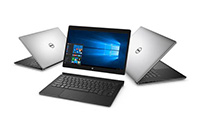 Laptop & Tablet Parts
Laptop & Tablet Parts